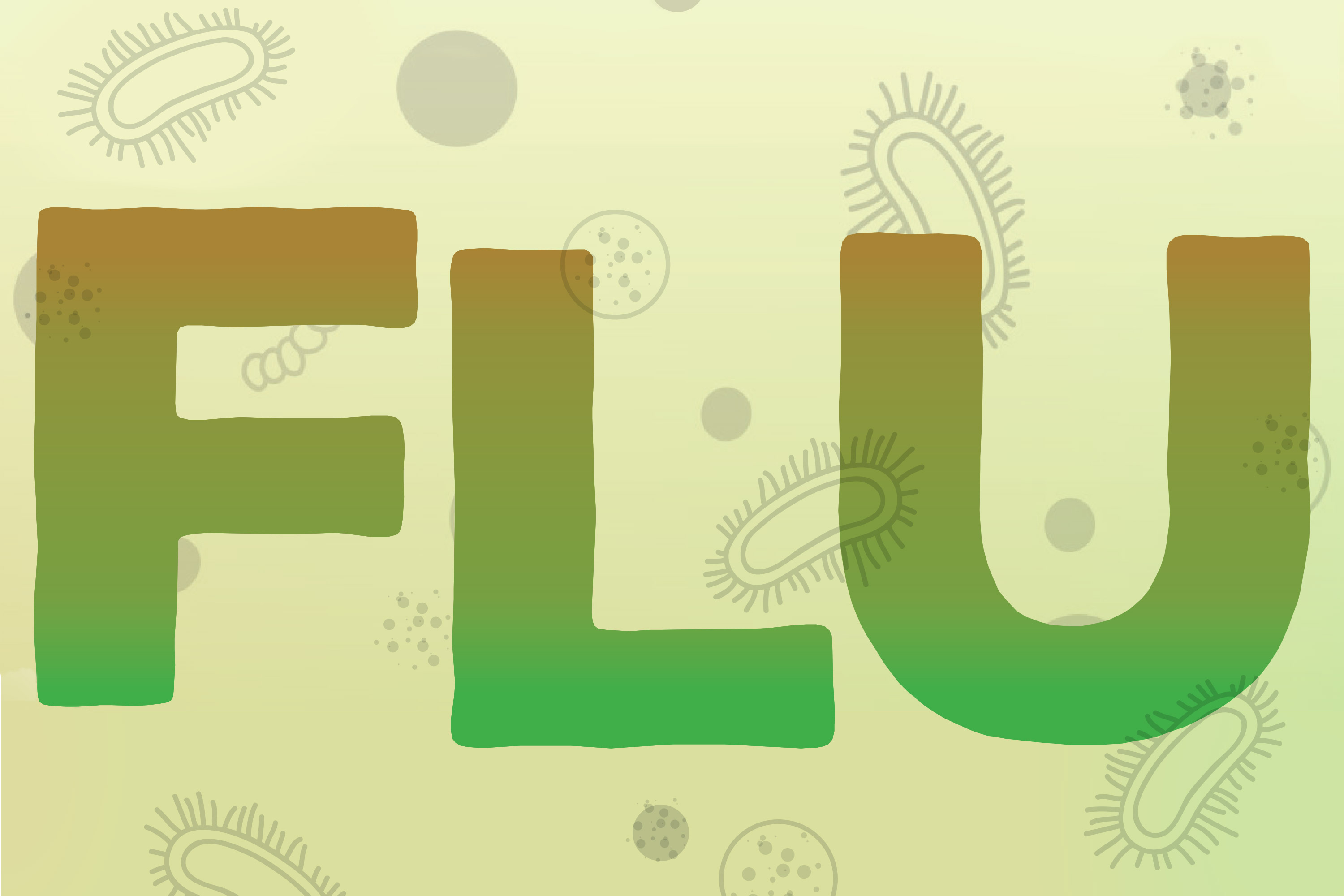
It’s early in the flu season—the ideal time to get your flu shot if you haven’t already. Preliminary data from the Centers for Disease Control and Prevention (CDC) indicate influenza has reached Connecticut, but so far is not widespread. As of Nov. 25, the Connecticut Department of Public Health’s latest available statistical period, 142 influenza-positive laboratory tests have been reported in the state so far this flu season. Dr. Kevin Dieckhaus, chief of the UConn Health Division of Infectious Diseases, discusses flu season and flu prevention with UConn Today.
What’s the early word on this year’s flu season and flu vaccine?
It’s still very early to see how this year will pan out. We have started to get a few positives in the lab. Often what we see in the United States is related to what happened in the Southern Hemisphere the previous season. The flu season in Australia was very much delayed, with cases that extended into September, so it was a very late flu season there. And it was mostly H3N2, which is what we’re seeing predominantly so far. That gives us reason to be hopeful that this season’s flu vaccine will be effective, because H3N2 is one of the strains covered by the vaccine. But it’s still too soon to say how effective the vaccine will be. We’re suspecting it will be a late flu season for us, but at this point it’s still only a guess.
It’s already mid-December. Is it too late to bother with the flu shot?
It’s absolutely not too late. We suspect flu season will peak late this season—peak time in a “normal” year historically is January-February—but even if it doesn’t, the time to get the vaccine is before you start seeing widespread disease in the area, which is now. Right now, this is the time to get the vaccine if you haven’t already. It takes about two weeks to develop a good antibody response, so time is on our side, perhaps even more so this year.
For the most part, everyone over 6 months old should have the flu vaccine, and there are people who really should have the flu vaccine. People with cardiovascular disease, kidney disease, liver disorders, metabolic disorders, or weakened immune systems are more vulnerable to influenza and its complications. So are people over 65, nursing home residents, and especially, pregnant women, who are particularly prone to complications of influenza. The benefit of the flu vaccine is going to outweigh any potential risks, and that’s true to an even larger degree during pregnancy.
It seems like there are a lot of different variations of the flu vaccine. Which one should I get?
There are all sorts of varieties. Some have three strains, some have a fourth, some are high dose for older individuals, and some are made for people with an egg allergy. There’s also a nasal spray, which for the last two years has been determined to not be as effective as the injectable versions. The right one is best determined by a discussion between the patient and the health care provider.
What else can we do to prevent the spread of influenza?
For prevention of flu, No. 1 is get your shot, No. 2 is get your shot, No. 3 is get your shot. Aside from that, it’s basically handwashing, especially around people who might be ill. Having the flu vaccine not only prevents you from getting sick, it also prevents you from transmitting it to the next person. But if you do end up with the flu, stay home, cover your cough and be careful to wash your hands frequently. You want to keep it to yourself the best you can.
I didn’t get a flu shot and now I have the flu. Now what?
There are antiviral medications, oseltamivir and zanamivir, that you can take within the first 48 hours or so that can shorten the severity and duration of symptoms. These require a prescription, not to be confused with over-the-counter drugs, which are more for symptom management. The antivirals actually attack the virus and prevent viral replication, so they get to the root of the problem. If what you have is an abrupt onset of symptoms including fever and muscle aches, as opposed to just a stuffy nose and sore throat, it would be appropriate to go to your primary care doctor or a walk-in or urgent-care setting for a diagnosis.
How do we know when we’re no longer contagious?
People with the flu are most contagious in the first three to four days. It’s recommended that you basically isolate yourself— don’t go to work, don’t go to school, don’t interact with others in a major way—until you have been without a fever for 24 hours without the benefit of fever-reducing medication.
As a health care provider, a lot of us have the “hero complex,” we’re going to come in no matter what, “I’m going to drag myself in and do my work.” But that’s basically a detriment to your patients. It’s not a time to be a hero.



